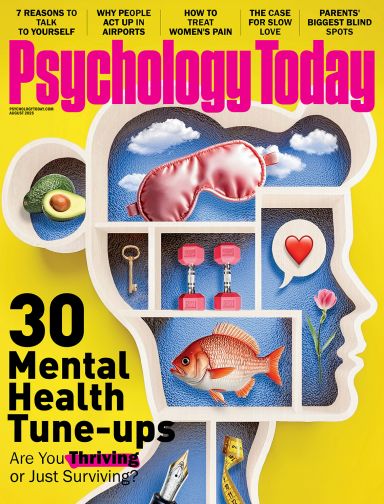Boredom | Psychology Today Australia
Boredom is at once both easy to identify and difficult to define. A small but growing collection of scientists have devoted their research to boredom, and some conceive of the state as a signal for change. Boredom indicates that a current activity or situation isn’t providing engagement or meaning—so that the person can hopefully shift their attention to something more fulfilling.| Psychology Today



